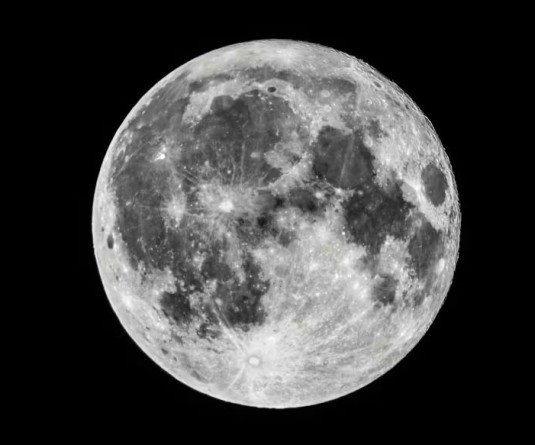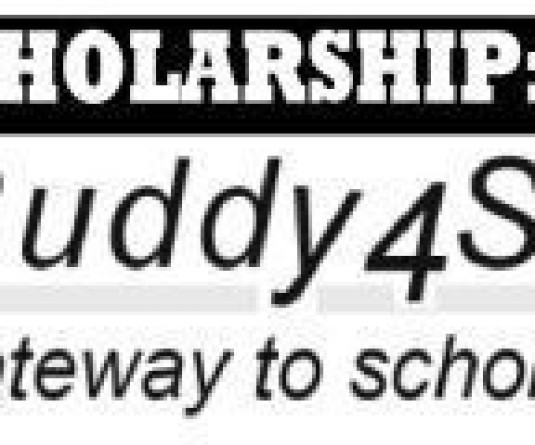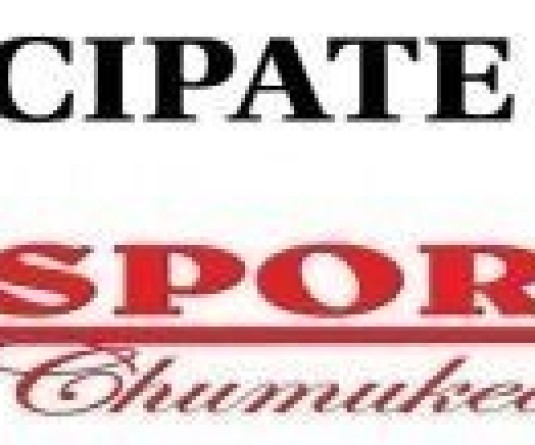
Akhrienuo, Assistant Librarian
Libraries have been regarded as a center for knowledge. They always catered to the infotainment needs of the masses.Due to the increase in the number of institutes in the field of learning and research activities, the importance of library is growing.
Libraryis a collection of books, periodicals and other materials both in print and non-print form made accessible to a defined community for the purpose of study, reference or research.According to Melvil Dewey, “a library’s function is to give the public in the quickest and cheapest way information, inspiration and recreation. If a better way than books can be found, we should use it”.
Library Science deals with the principles and practices of library operations, library administration and their study. Library existed since ancient times, but only in the second half of the 19th century it emerged as a separate field of study. With the knowledge explosion in the 20th century, it was gradually included as Library and Information Science.Its course areas generally cover management of Library and Information centre, classification, cataloguing systems, bibliography, documentation, research methodology, information processing, archives management, indexing, library planning, Information and Communication Technology (ICT)application in libraries, information
sources and services etc.
Minimum educational qualification required to take up a course in Library Science is graduation. A graduate can go for Bachelor’s degree in library science and after that can proceed for Master’s degree for a duration of both one year. However, some institutes offer Library Science course in Master’s degree for two years. M.Phil and Ph.D courses as well as Diploma and Certificate courses are also offered in this field.
There are a number of career prospects in Library and Information Science. The qualified professionals can find opportunities for employment both as a teacher and as a Librarian. In Librarianship, designation could be Librarian, Assistant Librarian, Deputy Librarian, Scientist(Library Science/Documentation), Documentation Officer, Library and Information Officer, Knowledge Manager/ Officer, Information Executive, Director/Head of Library Services, Information Officer and Information Analyst.
Career opportunities are diverse in the field of library science as one may get employment in academic institutions, special libraries, news agencies,public, government or private libraries and more.
Since libraries are considered as the backbone for the progress of the institute as well as the nation and Librarians play a key role in the learning environment. I feel the need that proper informationmust bereached out people at the right time and hence, my interest in this particular field grew more. Librarians can help the user community by providing accurate and right information in this era of information explosion. Thus, my primary role is to make sure that the staff, students and anyone who comes to the library can access the right information, find the resources they need and can use the information effectively and efficiently.
My experience as a Librarian and Assistant Librarian has changed over the years. In this age of ICT, libraries are adopting newly emerging technology and changing the way of providing services to the users. With the rapid development of the internet and web-based technologies we can see the use of various kinds of electronic resources such as CD-ROM databases, on-line databases, e-journals, e-books, OPACs and other networked information resources. The computer and information technology is now being widely used in libraries and information centers and its application certainly increases better service and management of libraries.
Today the librarian plays a significant role in information handling. Thus, with all the newly emerging technology, Librarians are going to promote lifelong learning for teachers, students as well as the user community.
Degree of Thought is a weekly community column initiated by Tetso College in partnership with The Morung Express. Degree of Thought will delve into the social, cultural, political and educational issues around us. The views expressed here do not reflect the opinion of the institution. Tetso College is a NAAC Accredited UGC recognised Commerce and Arts College. The editors are Dr Hewasa Lorin, Dr. Aniruddha Babar, Noyingbeni T. Erui, Meren and Kvulo Lorin. For feedback or comments please email: dot@tetsocollege.org.






